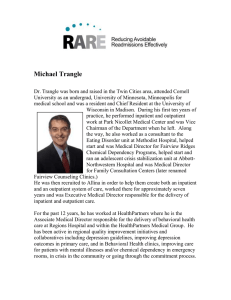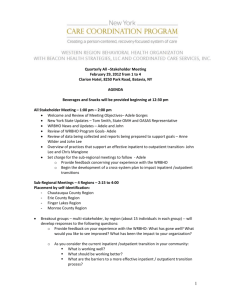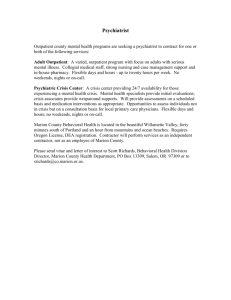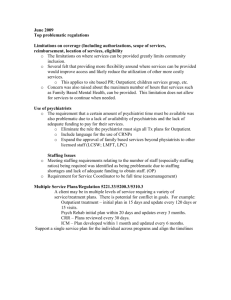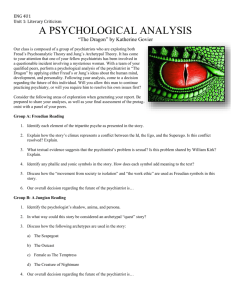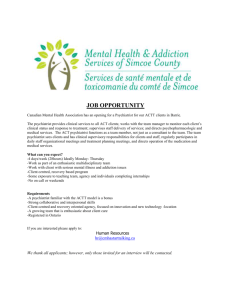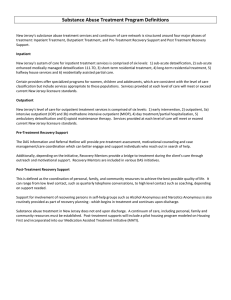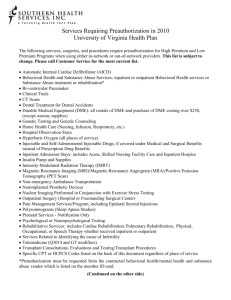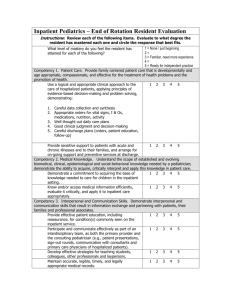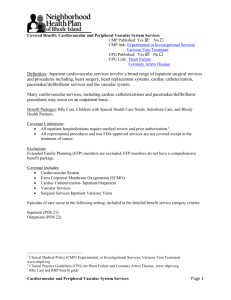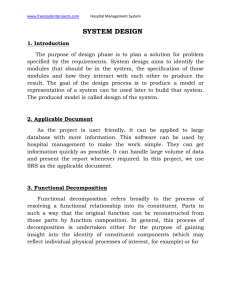Overlake Adult Day Hospital Program Information
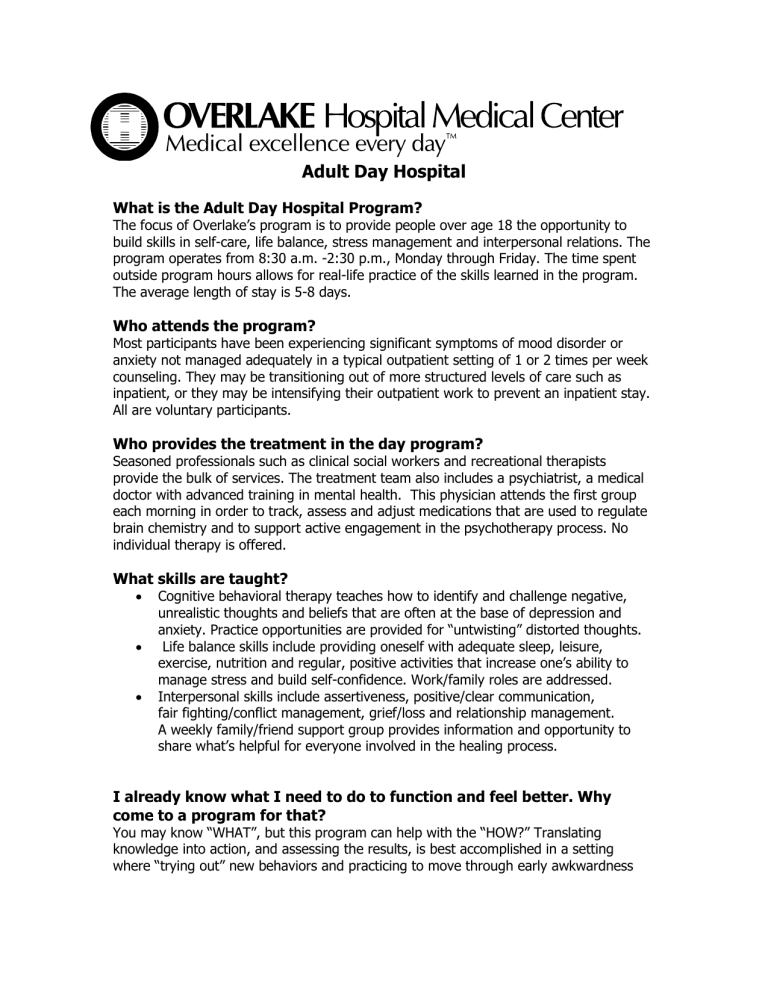
Adult Day Hospital
What is the Adult Day Hospital Program?
The focus of Overlake’s program is to provide people over age 18 the opportunity to build skills in self-care, life balance, stress management and interpersonal relations. The program operates from 8:30 a.m. -2:30 p.m., Monday through Friday. The time spent outside program hours allows for real-life practice of the skills learned in the program.
The average length of stay is 5-8 days.
Who attends the program?
Most participants have been experiencing significant symptoms of mood disorder or anxiety not managed adequately in a typical outpatient setting of 1 or 2 times per week counseling. They may be transitioning out of more structured levels of care such as inpatient, or they may be intensifying their outpatient work to prevent an inpatient stay.
All are voluntary participants.
Who provides the treatment in the day program?
Seasoned professionals such as clinical social workers and recreational therapists provide the bulk of services. The treatment team also includes a psychiatrist, a medical doctor with advanced training in mental health. This physician attends the first group each morning in order to track, assess and adjust medications that are used to regulate brain chemistry and to support active engagement in the psychotherapy process. No individual therapy is offered.
What skills are taught?
Cognitive behavioral therapy teaches how to identify and challenge negative, unrealistic thoughts and beliefs that are often at the base of depression and anxiety. Practice opportunities are provided for “untwisting” distorted thoughts.
Life balance skills include providing oneself with adequate sleep, leisure, exercise, nutrition and regular, positive activities that increase one’s ability to manage stress and build self-confidence. Work/family roles are addressed.
Interpersonal skills include assertiveness, positive/clear communication, fair fighting/conflict management, grief/loss and relationship management.
A weekly family/friend support group provides information and opportunity to share what’s helpful for everyone involved in the healing process.
I already know what I need to do to function and feel better. Why come to a program for that?
You may know “WHAT”, but this program can help with the “HOW?” Translating knowledge into action, and assessing the results, is best accomplished in a setting where “trying out” new behaviors and practicing to move through early awkwardness
are the norm. External reassurance can be temporary. Well-guided personal experiences can be relied upon to provide encouragement and ideas for the “next step”.
I’ve already missed too much work!
And going back too soon could further complicate your situation. Often, adjustment to the roles and demands at work can be a major factor in management of stress. We will work with you to clarify the medical necessity of your attendance at the program, and to individualize a return-to-work plan. The skills learned here, such as setting realistic goals and working collaboratively, can result in increased confidence and a more productive approach to your work life.
Will the program collaborate with my ongoing providers?
With written permission from you, we will do so. If you do not have established mental health providers, we will assist you in locating appropriate local providers contracted with your insurance. To insure good continuity of care, we ask that you call on your first day in this program to make follow-up appointments to occur within 7 to 14 days.
I’m not sure I want to attend the day program. What should I do?
Many people resist trying something new when they are already feeling discouraged and depleted. When you have been clinically assessed and determined to be appropriate for the program, you might choose to come for a day or two to experience it for yourself.
This way, you get a chance to preview the program and the peer group. Often, people decide it’s different from what they’d imagined, and express willingness to further engage in the process.
What will the costs of the program be?
Overlake’s program is accredited, and we are contracted with most of the major insurance plans and managed care organizations. Your particular contract will determine what percentage of the program can be covered through insurance, and what your deductible, co-pay and stop-loss amounts are. We will attempt to notify you as soon as possible what your cost, if any, would be.
What should I do if an urgent situation develops outside of program hours?
The program provides currently enrolled patients a physician access number you can call if you experience an increase in acute symptoms or medication reaction that jeopardizes safety. The number is 425-467-3966. This number contacts the covering psychiatrist to return your call for brief problem-solving around symptoms, medication or safety plans.
Who would I call if I am ill or I’m stuck in traffic on my way into the program?
Call Program Coordinator at 425-688-5681, and leave a message if she’s not immediately available. If you are scheduled to attend and we do not hear from you, you can expect that we will attempt to contact you to verify your safety and your plans. If we are unsuccessful in reaching you personally, we will call your emergency contact.
What do I do if I have more questions?
Call Program Coordinator line, at 425-688-5681. Leave a message with a number where you can be reached, and one of us will get back with you as soon as possible.

